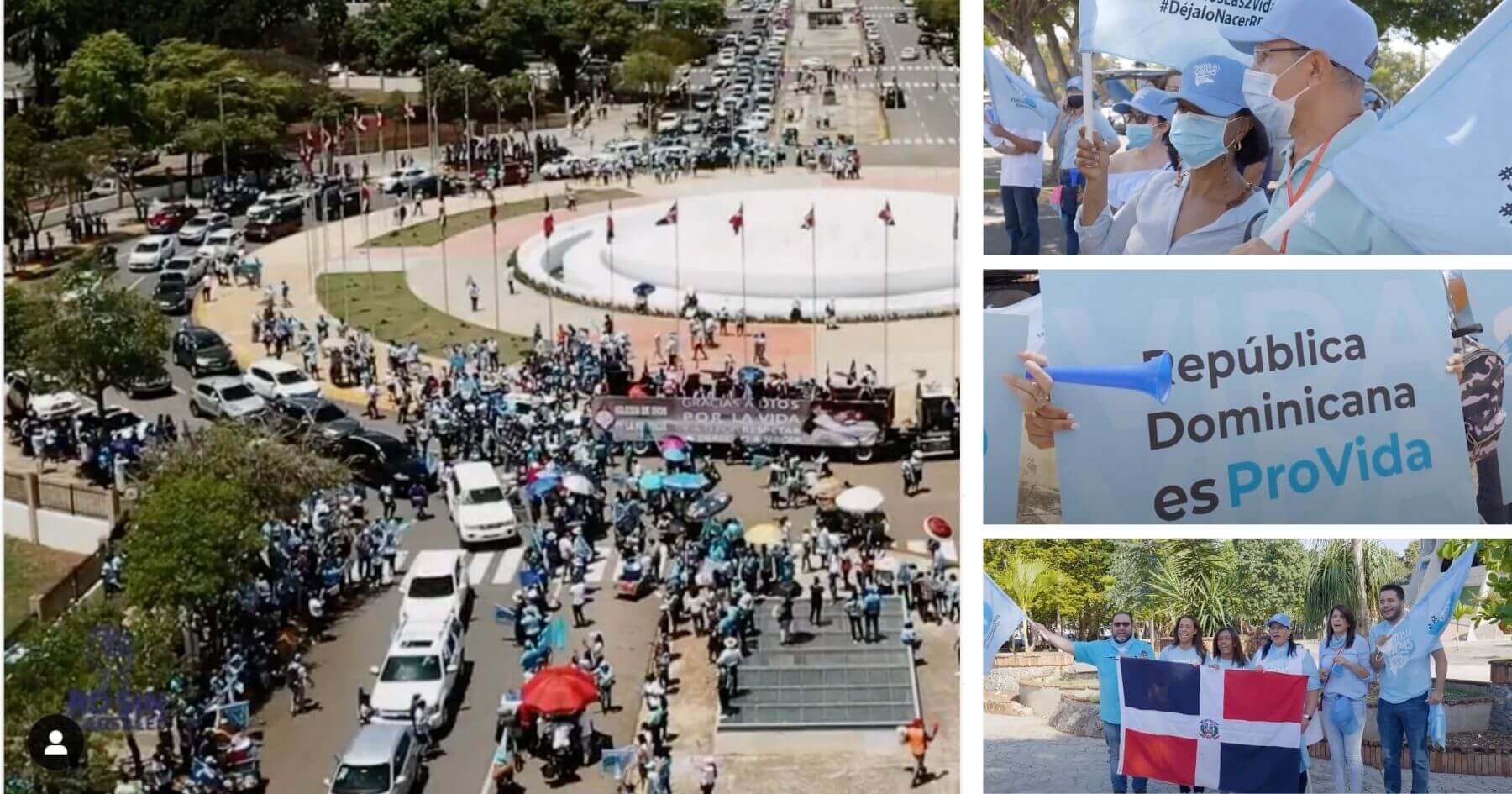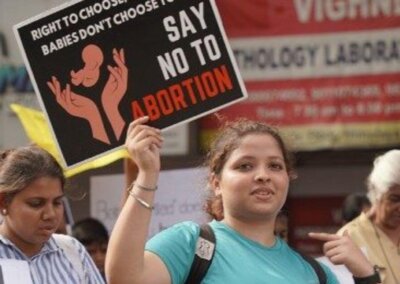Over 2,400 vehicles participated in the Dominican Republic’s “March for Life” in protest to the proposed introduction of abortion into the country.
Last Saturday, the capital of the Dominican Republic, Santo Domingo, was brought to a halt due to the thousands of cars that descended upon the city in support of the nation’s pro-life laws. Due to the COVID-19 restrictions, many opponents of abortion drove their vehicles in what has been called the “Caravana Celeste por la Vida”. ‘Celeste’ means light blue and is a symbol of the pro-life movement in the Dominican Republic.
Following the drive/march through the city, the vehicles and crowd concentrated around the National Congress to signal their opposition to proposed modifications to the Penal Code, which would permit abortion on the grounds of disability or if the mother’s health was in danger.
The Dominican Republic has some of the strongest pro-life laws in the world, offering full legal protection to unborn children under all circumstances. Under Article 37 of the Constitution of the Dominican Republic abortion is prohibited. The article states: “The right to life is inviolable from conception until death”.
The Caravan was organised by Damaris Patrocinio, the president of the Forum of Women in Defence of Life and the Family (Fomudevi).
Following the recent introduction of abortion into Argentina, certain politicians in the Dominican Republic are attempting to introduce abortion into their country too, despite the widespread popular opposition.
Right To Life UK spokesperson, Catherine Robinson, said: “That these protests went ahead despite COVID-19 restrictions is a testament not only to the commitment of pro-lifers in the Dominican Republic, but also to the strength of opposition to the proposed changes that would introduce abortion into the region”.
“Presumably those pushing for the introduction of abortion into the country are attempting to ‘ride the wave’ of recent change in abortion law that started with Argentina. Just as in Argentina, widespread protest and opposition show there is little appetite for introducing abortion into the country”.











